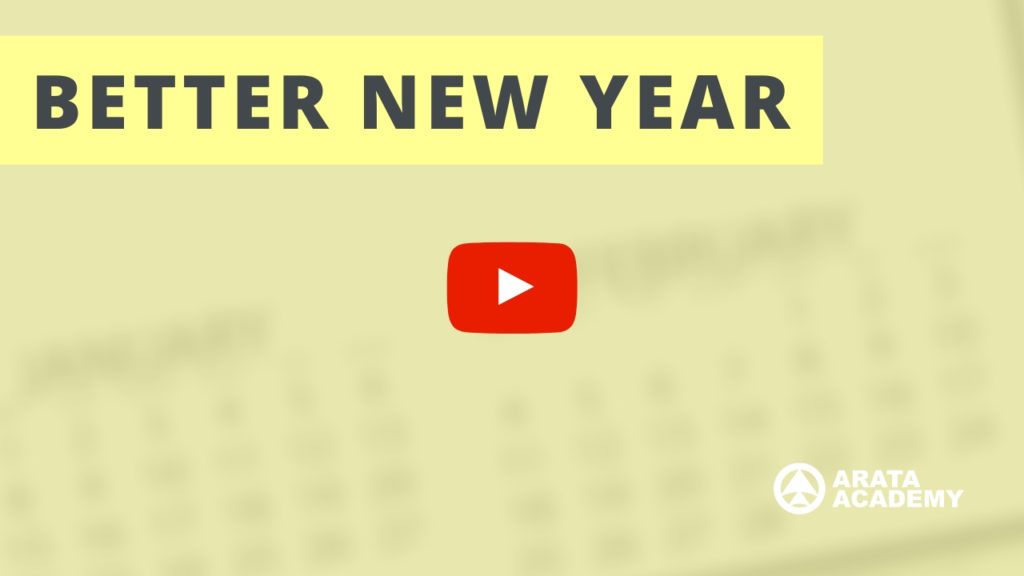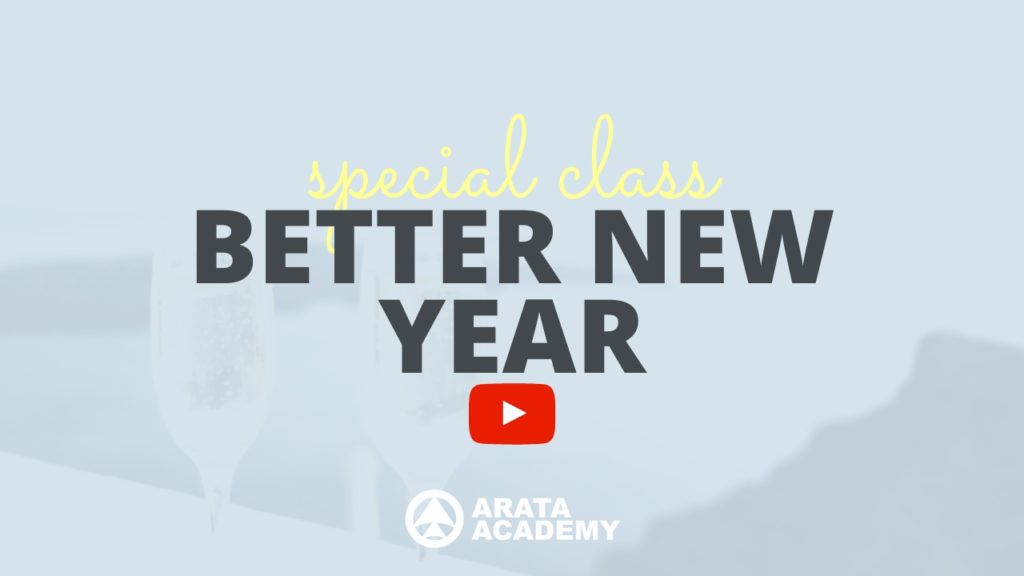Productivity Arata! So you’re thinking that vowing “New Year, New Life!” is sufficient? Is wishful thinking enough to change the results you’re going to reap this year?
Based on previous years, you may remember how difficult it is to change your behaviour, even when you exert great will.
Why is it that certain old habits are difficult to change? Why do we resist change so much? And here comes an even more interesting question: the anxiety that paralyzes us and leads us to seek easier ways of doing things—where does that anxiety come from?
It all starts in childhood. When you were a child, at about the age of seven, you were already interacting with the adults and other children around you using a set of learned behaviours.
As we are social beings, it is very important to recognize the traits of the social group around us and conform to the rules of the group to be accepted. Our mind realizes a representation of reality, an interpretation of facts. We create rules and beliefs in our heads.
1. Early beliefs are strongly influenced by the environment.
Some adults still live according to the beliefs developed in their childhood, repeating the same programme of preferences, fears, likes, dislikes and vices as a seven-year-old child.
When we are children, the environment around us has a strong influence because we still have no critical sense. We have a great need for approval and connection, so we are very susceptible to the influence of those whom we admire.
For example, it’s very common for adolescents to start smoking to copy some other teenager, usually a few years older, whom they admire.
In childhood and even in adolescence we don’t yet have the life experience necessary to make fully conscious choices. That is why even the law makes different kinds of exceptions for youth, not holding juvenile wrong-doers fully responsible for their actions.
2. Isn’t it time to review your beliefs?
In childhood, we say that we want to be such a person, we like this or don’t like that, but a lot of these opinions aren’t really the result of an independent or lucid conviction.
These are conditions that have been influenced by those who were part of our environment, including the media. If we remain unaware of this process, it’s quite possible that even today, in adulthood, much of this programming still remains firmly in our heads, untouched.
3. Conflicting beliefs are a source of anxiety.
Anxiety is one of the great evils of our existence. There are several sources of anxiety, and one of them is the conflict between different internal beliefs.
If on the one hand I have a great desire to thrive financially but on the other hand I still carry a childhood belief that money is associated with greed, malice, exploitation and immorality, I have an internal conflict that will disturb me.
If I want the freedom to have sexual adventures with more than one person, and at the same time I condemn this kind of behaviour, I will also have a conflict.
In all such moments there will be a dissonance that will cause anxiety. And then I’ll need an escape valve to relieve it.
4. Empty entertainment is an escape from conflict.
A quick and easy way to temporarily deal with the conflicting beliefs is to seek superficial entertainment—playing a video game, for example—that offers an immersive experience and makes me forget the reality. I might spend a few hours tinkering on social networks on my cell phone or computer.
Why is there such a need for escape? It is to alleviate anxiety, so that time passes without having to face those conflicts that are giving us a signal. It’s time to review our beliefs.
If you want to address this anxiety in a better way, then it is important that you take the time to make a serious assessment of your life, your behaviours, and your beliefs. This is exactly what we will do together within the course Better New Year; you can visit this link here now to know more details. See you inside the course!

